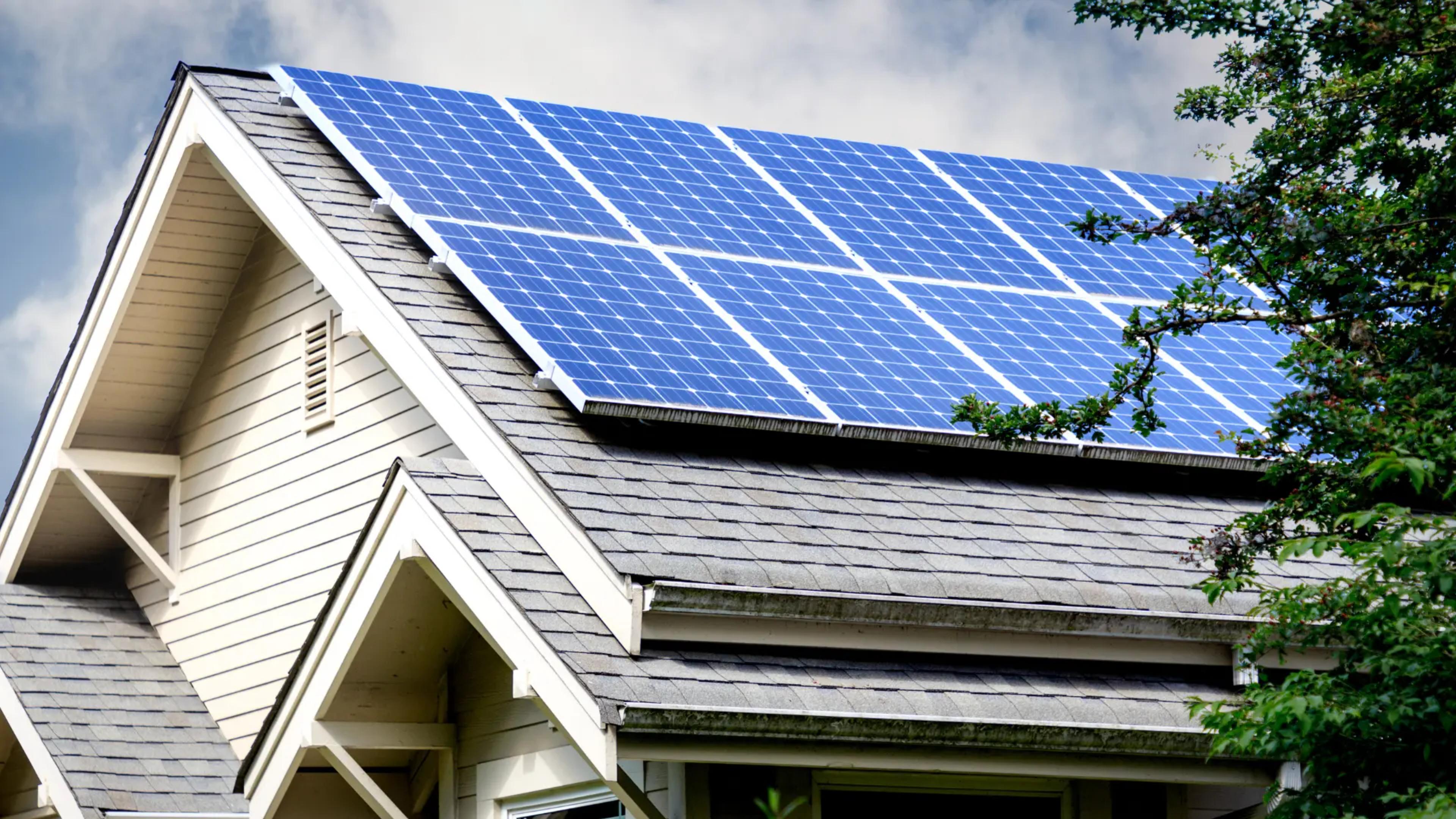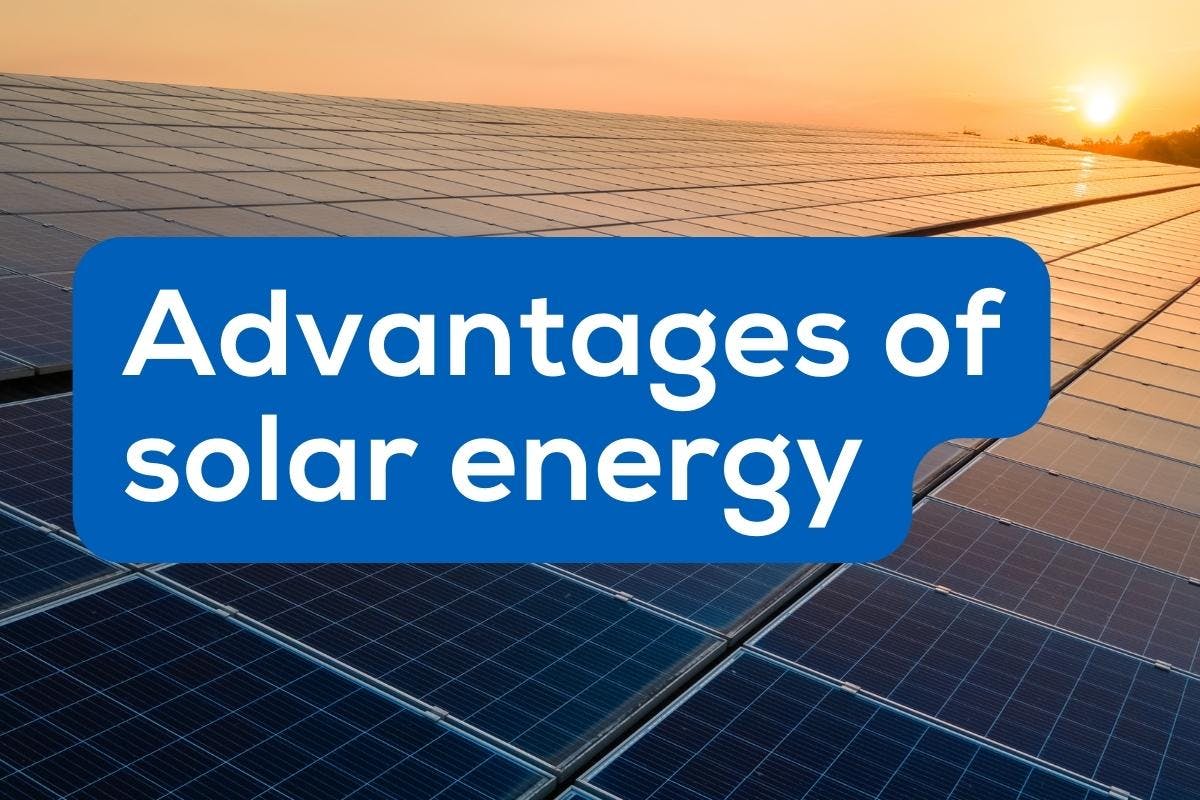Switch to Affordable Clean Energy with Simply Solar Illinois
Switch to Affordable Clean Energy with Simply Solar Illinois
Blog Article
How Solar Power Can Aid You Conserve Cash and Lower Your Carbon Impact
The assimilation of solar power into your energy profile offers an engaging possibility for both financial cost savings and ecological stewardship. As numerous federal government incentives end up being offered, the question develops: how can one properly browse the initial financial investments and recurring benefits of solar modern technology to optimize both financial and environmental gains?
Understanding Solar Power Savings
While the shift to solar power usually entails an initial investment, comprehending solar power financial savings is crucial for homeowners and services alike. Solar power systems can considerably reduce power expenses by taking advantage of the sun's energy, translating right into significant long-lasting financial benefits. By creating their own power, users decrease reliance on grid power, which goes through rising and fall rates. These cost savings can build up over time, often leading to a fast return on financial investment.
Moreover, solar power systems may get different economic motivations, consisting of tax credit reports and discounts, better enhancing their cost-effectiveness. The schedule of net metering enables customers to offer excess energy back to the grid, developing an additional income stream. These aspects add to the total financial savings related to solar power.

In enhancement to guide monetary cost savings, solar energy supplies the added advantage of boosting property value. Residences equipped with photovoltaic panels are usually extra appealing to purchasers, as they promise reduced power expenses - Simply Solar Illinois. Recognizing these components is vital for anyone thinking about solar energy, as it highlights not simply the possible economic gains, but also the wider environmental and financial advantages of embracing sustainable energy solutions
Initial Expenses vs. Long-Term Advantages
When evaluating solar energy, it is necessary to weigh the first costs against the long-lasting benefits. The upfront financial investment for solar panels, installment, and related devices can be substantial, typically ranging from $15,000 to $30,000, depending upon the system size and home power requirements. This preliminary expenditure might prevent some homeowners; however, it is crucial to consider the potential financial savings over time.
As soon as mounted, solar energy systems can considerably decrease or perhaps get rid of regular monthly electrical power costs, resulting in considerable long-lasting monetary benefits. Researches suggest that house owners can conserve anywhere from $10,000 to $30,000 over the life-span of their solar system, usually 25 years. Furthermore, several states use motivations, tax credit scores, and discounts that can offset preliminary prices, making solar more available.

Decreasing Your Carbon Footprint
Minimizing your carbon impact is an essential factor to consider in today's eco conscious society, and taking on solar power is one of one of the most reliable methods to achieve this objective. Solar power is a clean, renewable source that dramatically decreases dependence on nonrenewable fuel sources, which are significant contributors to greenhouse gas emissions.

Moreover, the prevalent fostering of solar modern technology motivates the development of environment-friendly tasks and sustains advancements in energy storage space and effectiveness. The more people and organizations buy solar power, the greater the cumulative decrease in carbon discharges, fostering a cleaner atmosphere for future generations.
Government Motivations and Rebates
Taking on solar energy not just benefits the atmosphere but can likewise result in substantial financial savings, especially with the schedule of federal government rewards and rebates. Numerous government, my website state, and regional programs are designed to encourage homeowners and services to purchase solar power systems, making the shift more budget-friendly.
One of one of the most noticeable rewards is the Federal Financial Investment Tax Debt (ITC), which permits planetary system proprietors to deduct a substantial portion of the installment prices from their government tax obligations. This motivation has been crucial in reducing the ahead of time expenses connected with solar energy systems. Furthermore, many states offer their own tax credit scores, grants, and rebates that can even more improve cost savings.
Furthermore, some local governments offer real estate tax exemptions for solar installments, making the original source certain that house owners do not encounter increased real estate tax as an outcome of their renewable energy financial investments. Utility companies might likewise use rewards, including net metering and feed-in tariffs, which permit solar power individuals to sell excess power back to the grid.
Picking the Right Planetary System
Selecting the proper planetary system is essential for optimizing energy performance and economic advantages. The decision pivots on several elements, consisting of energy needs, budget, and offered space. Home owners must begin by assessing their electrical power intake to figure out the system size required for optimum efficiency.
Next, consider the different sorts of solar modern technologies available. Simply Solar Illinois. Photovoltaic (PV) panels are the most typical, converting sunshine straight into power, while solar thermal systems concentrate on heating water. Each type has distinct advantages relying on individual requirements
Spending plan factors to consider are additionally extremely important. First installment costs can differ dramatically, so it is essential to contrast quotes from several companies and check out funding choices. Federal government rewards and rebates can even more lower the monetary worry, making planetary systems much more easily accessible.
Conclusion
The environmental benefits check here of solar energy contribute to sustainable practices important for combating climate change. Government rewards improve the usefulness of solar innovation adoption, encouraging a shift in the direction of a cleaner, more economically efficient power resource.
Report this page